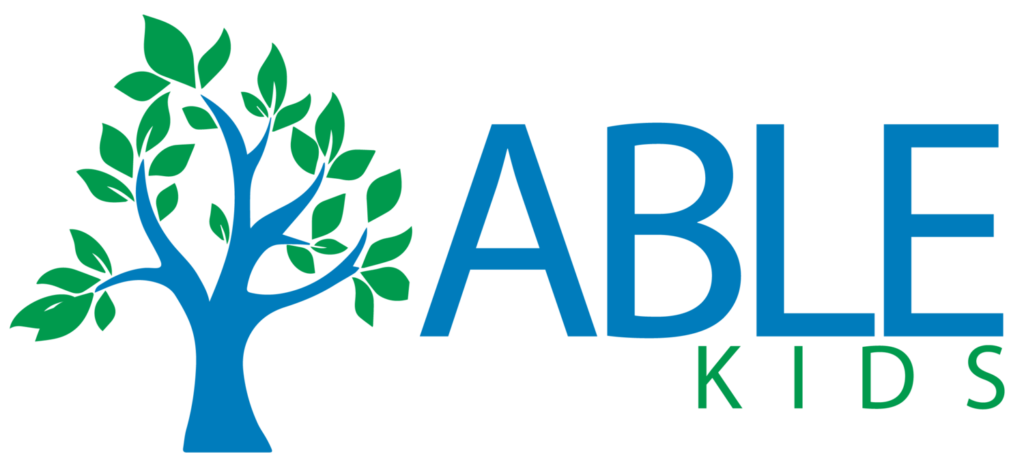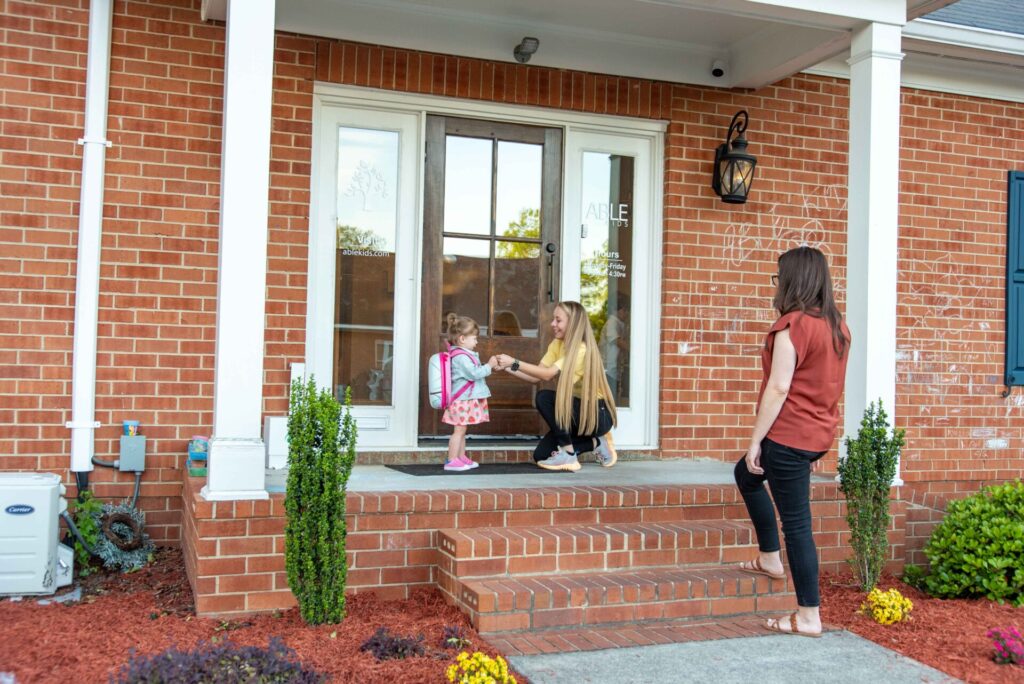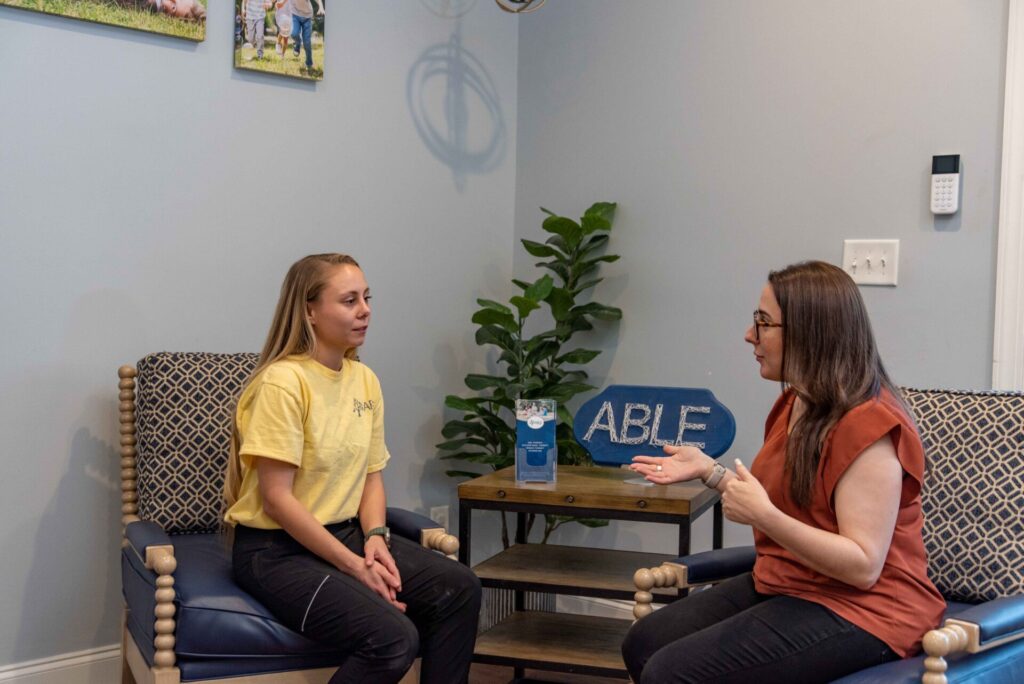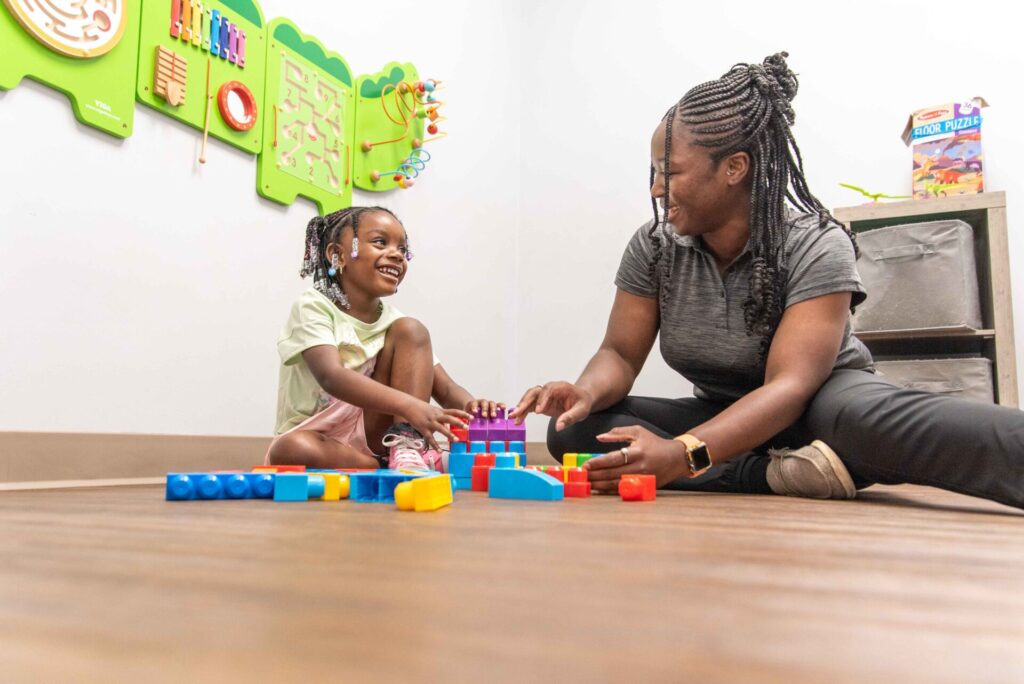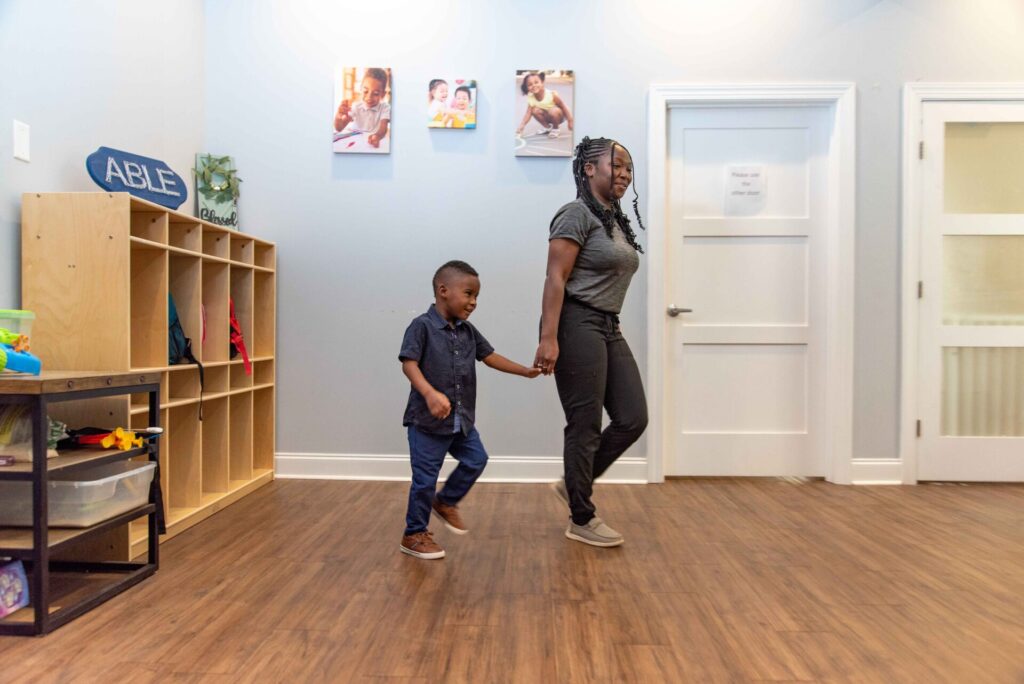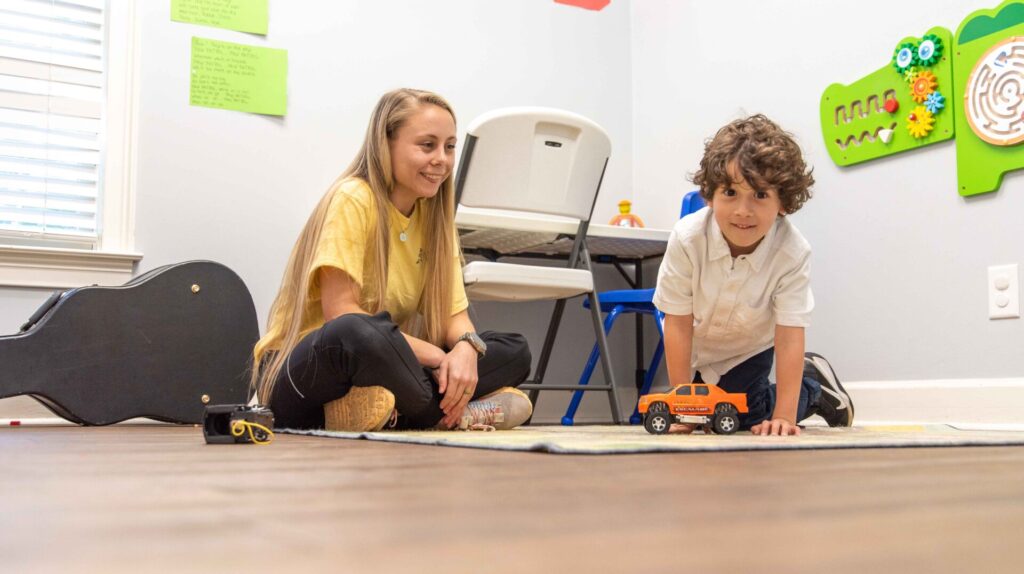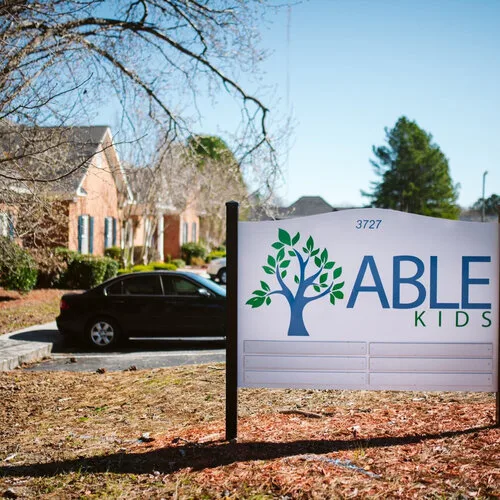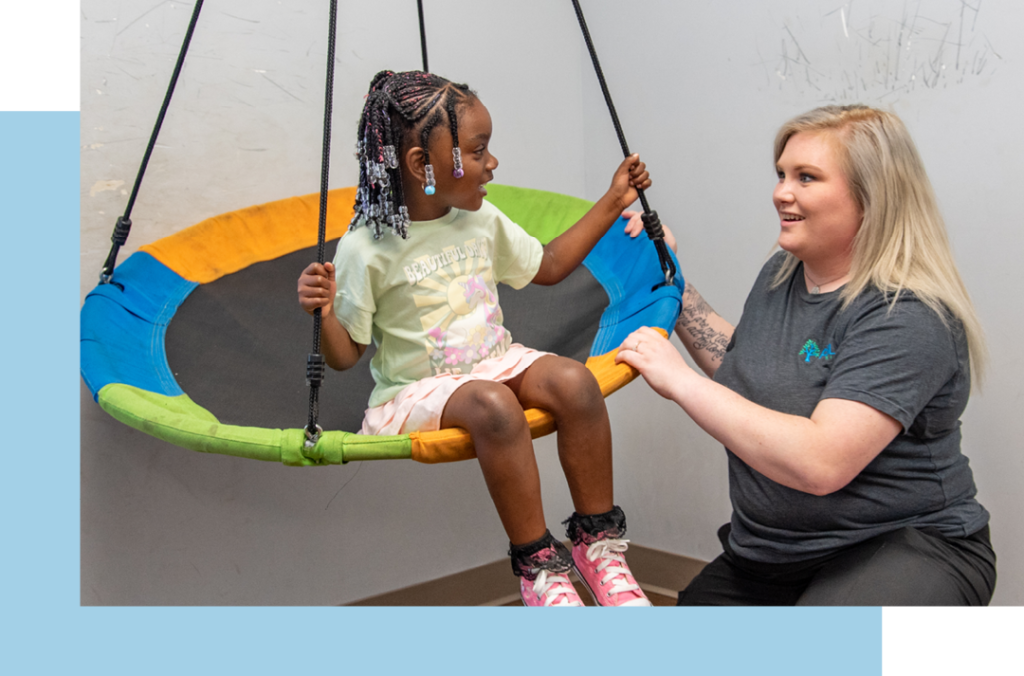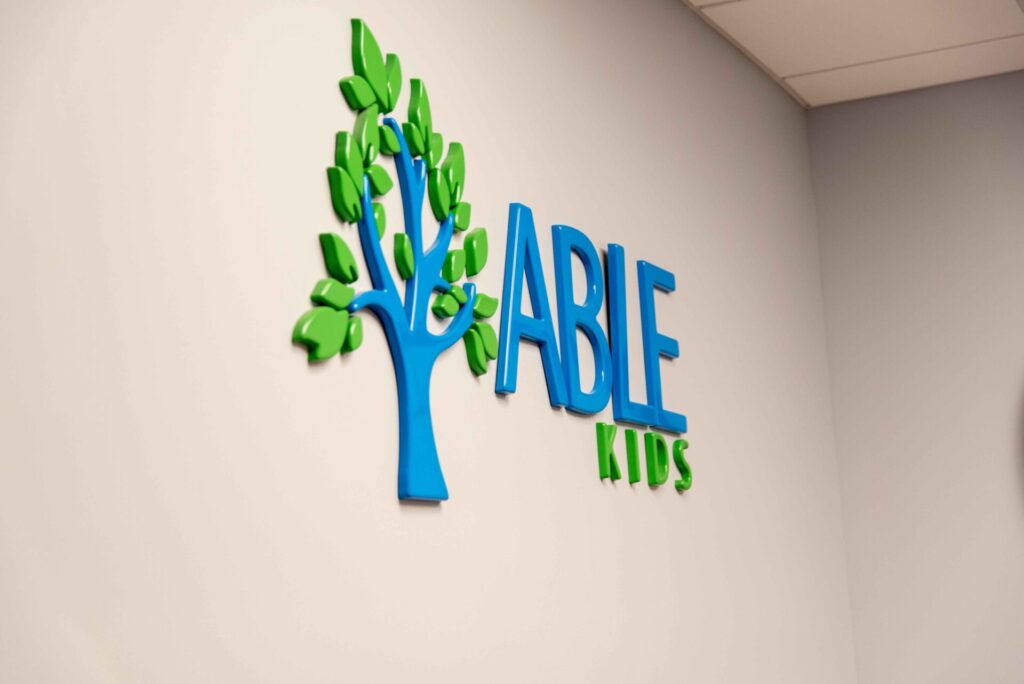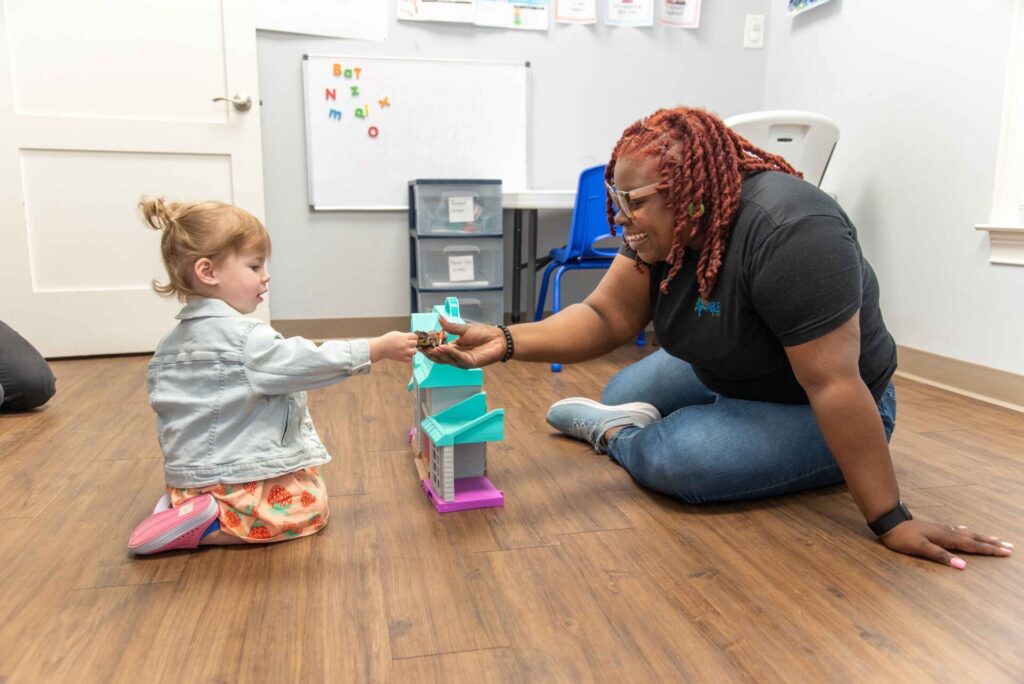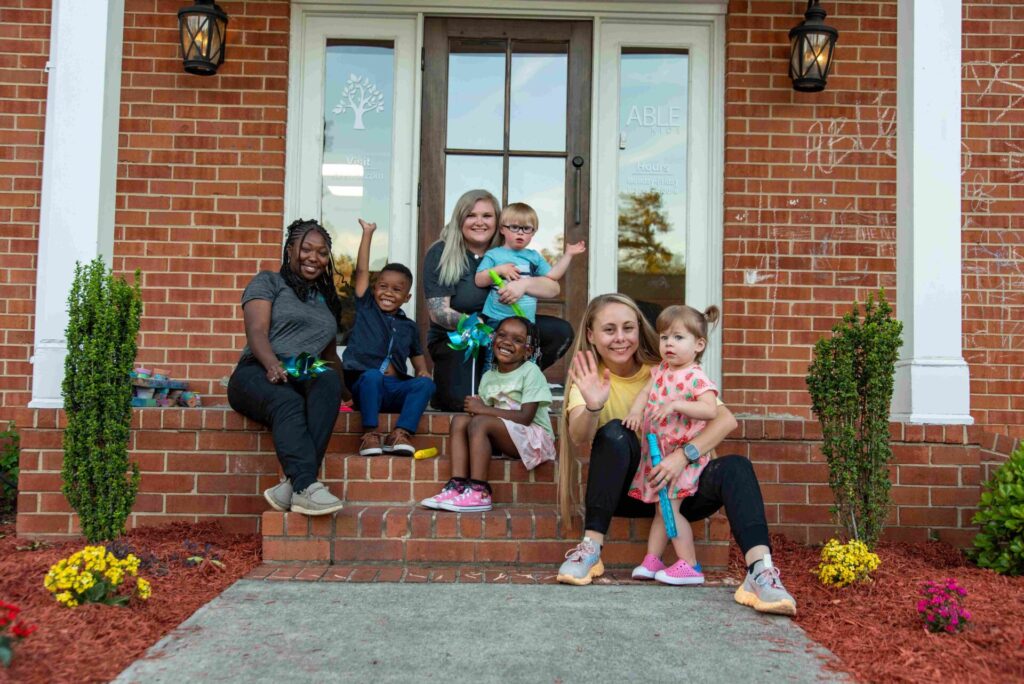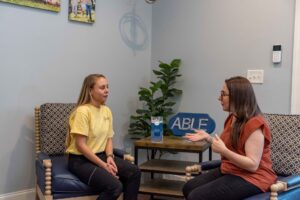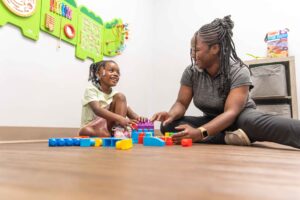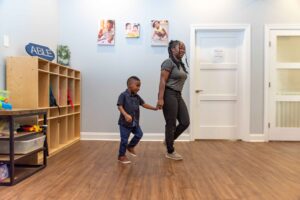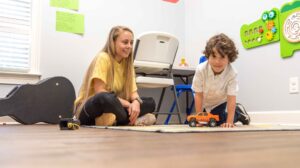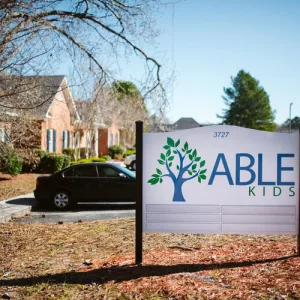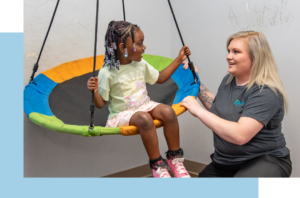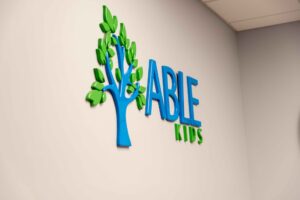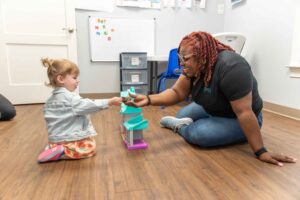The Role of ABA Therapists
The main goal of ABA therapy is to increase desired behaviors while decreasing harmful or challenging ones and is often used for individuals with autism spectrum disorders. ABA therapists in Augusta, GA work one-on-one with clients to implement personalized treatment plans, using techniques such as positive reinforcement, shaping, and prompting to help them learn new skills and increase positive behavior.
ABA therapists are essential in the field of autism intervention. They play a crucial role in helping individuals with autism learn new skills, improve communication, and reduce challenging behaviors.
They provide structured interventions and consistently collect data to track progress and make necessary adjustments. With help from ABA therapists in Augusta, GA, many individuals on the autism spectrum can reach their full potential and live fulfilling lives.
Why Collaborate?
When parents and caregivers team up with their child’s Board Certified Behavior Analyst (BCBA), it can be a game changer. By working together, they can create a more cohesive and efficient treatment plan that addresses the child’s specific needs and goals.
Communication is key in this partnership, so open dialogues about progress, challenges, and strategies are essential.
Benefits of Collaborating with BCBAs and ABA Therapists in Augusta, GA
Collaborating with BCBAs and ABA therapists in Augusta, GA can greatly benefit both parents and caregivers in supporting a child’s development and progress.
- Improved Outcomes
- Collaboration can help create a supportive environment where your child can thrive and reach their full potential, leading to improved outcomes.
- Support and Guidance for Parents and Caregivers
- By working together with these professionals, parents and caregivers can gain valuable insights into their child’s behaviors, needs, and strengths.
- Consistency for Your Child
- Collaboration allows for consistency in implementing strategies across different settings, such as home and school, leading to more successful outcomes in the long run.
Establishing Effective Communication Channels
Establishing effective communication channels between parents, BCBAs and ABA therapists in Augusta, GA is crucial for the success of the therapy process.
- Build a Strong Relationship
- Building a strong relationship with your Augusta based BCBA and ABA therapist allows for consistent updates on progress, challenges and strategies being implemented in therapy sessions.
- Open Lines of Communication
- Open lines of communication help parents understand the goals of therapy and how they can support their child’s development outside of sessions.
- Set Up Regular Check-ins
- Regular check-ins through phone calls, emails, or in-person meetings foster a collaborative approach towards achieving the best outcomes for the child.
Strategies for Successful Collaboration
To ensure that a child gets the most out of their therapy sessions, parents and caregivers need to make sure they implement the right strategies at home.
- Carry Out Recommendations at Home
- Carrying out recommendations from your BCBA at home can help you both work towards a common purpose and track progress more effectively.
- Providing Feedback & Asking Questions
- Keeping notes and providing feedback to your BCBA and ABA therapist can help shape the routine into a better result for your child, and don’t be afraid to ask questions.
- Involve Your Therapist
- Keeping everyone on the same page by involving your therapist in your child’s daily routines and schedules streamlines communication tremendously.
Addressing Challenges & Concerns
One of the biggest challenges that can arise is miscommunication or misunderstandings. Parents may have different expectations or concerns about the therapy, while therapists may have their own methods and approaches. It’s crucial for both sides to communicate openly and honestly about these concerns, address any issues that come up, and find common ground to move forward effectively.
By working together as a team, parents, BCBAs, and ABA therapists can create a supportive environment for the child to thrive and reach their full potential. Remember, it’s all about teamwork!
Embrace Collaboration
If you want to have a strong, collaborative relationship with your child’s BCBA and ABA therapist, remember to establish effective communication channels, strategize for a successful collaboration, and be sure to address any challenges or concerns to remove any roadblocks to your child’s long-term success.
Don’t hesitate to collaborate with BCBAs and ABA therapists in Augusta, GA. By working together, you can create a more effective approach that will benefit your loved ones in the long run. Embrace this collaboration and watch as your loved ones thrive and reach their full potential.
Visit ABLE Kids in Augusta
ABLE Kids is proud to serve Augusta area families, providing the most effective, evidence-based treatment services for children with autism across the southeast. Our locations in Augusta, Evans, Grovetown, and Martinez, GA offer ABA Therapy to children ages 2-6 diagnosed with Autism Spectrum Disorder, requiring 35+ hours per week of Applied Behavior Analysis (ABA) therapy.
Our sole passion here at ABLE Kids is to provide your child or loved one the skills he/she needs to live a full and meaningful life. Visit our office today at 101 Rossmore Place Augusta, GA 30909.
